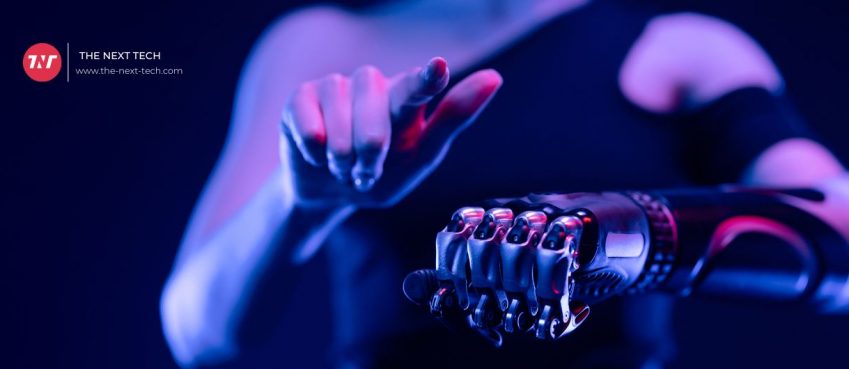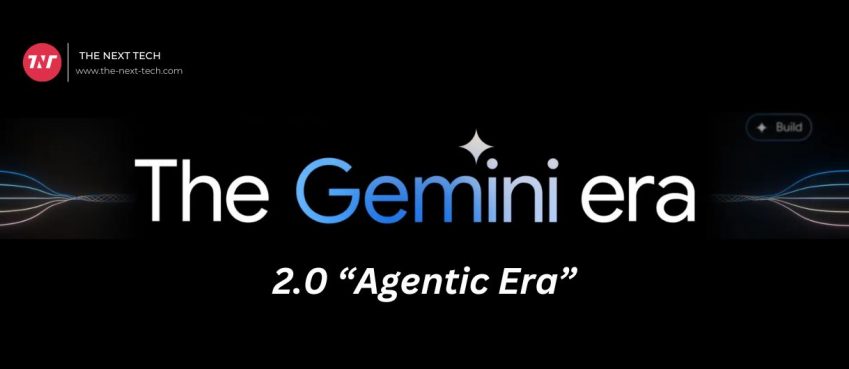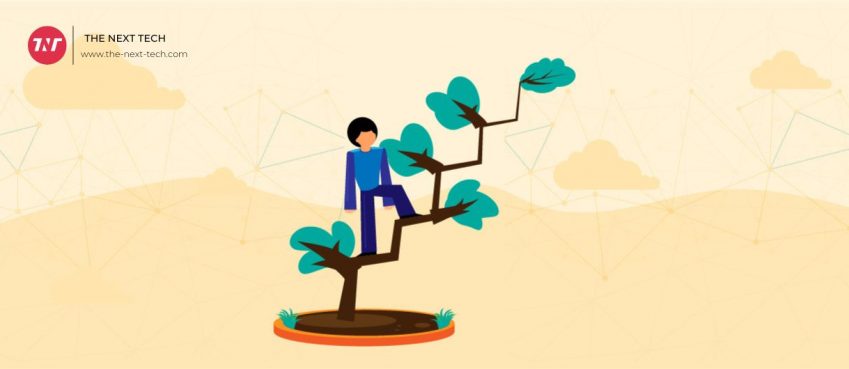
The digital age is powered by the latest developments in artificial intelligence (and its sub-technologies).
A study found that 77% of devices we currently use have AI built into them.
AI is responsible for many technological conveniences that have become part of our daily lives. This includes smart gadgets, Netflix recommendations, and products such as Amazon’s Alexa or Google Home.
Everything in the digital age is powered by AI and sub-technologies. This includes smart home applications, delivery systems, giant robots in factories, and robotic surgeons. This article details the most important developments in Artificial Intelligence that will impact 2022 and beyond.
Best Developments in Artificial Intelligence that will Shape 2022
Human-Machine Interaction
Artificial intelligence-powered machines have not been able to communicate with humans. The majority of robots and AI models could read, write or abstract the content using speech recognition.
GPT-3 (Generative Pretrained Transformer-3) changed the dynamics of human-machine interaction. OpenAI developed the language processing tool, which trains an AI model on how to communicate with humans and what it can read and write.
Fully Automated Driving
In 2020, autonomous driving technology was still in its infancy. The industry’s top companies tested driverless cars and opened robotaxi services to the general public in different cities. Fully automated driving allows autonomous driving to be scaled and commercialized without the need for a human safety driver.
Also read: 7 Best Sites Like Artists And Clients To Inspire
Quantum AI
Advanced companies will use quantum supremacy to measure Qubits for supercomputers. Quantum bits allow quantum computers to solve problems faster than traditional computers.
They can also interpret data and forecast unique trends. Quantum computers can help many organizations identify difficult issues and predict solutions. Future computers will be able to support diverse applications in areas like finance, healthcare, and chemistry.
Theory of Mind
Recent developments in artificial intelligence point to a future when machines will have a sixth sense just like humans. Only living creatures can experience emotions and think.
Future technology will reveal how artificial intelligence-powered machines can think, feel, understand, and have emotions. Researchers are working on implementing an AI development concept called “Theory of Mind” that is multi-dimensional.
Also read: DDR4 vs DDR5: Tech Differences, Latency Details, Benefits & More (A Complete Guide)
Conversational Ai
Conversational AI is also known as AI-powered chatbots. They improve customer service’s reach and responsiveness. Forrester claims that conversational AI solutions can improve customer service automation. An AI-powered chatbot uses natural speech processing (NLP), machine learning, and other techniques to better understand the needs and wants of humans.
AI Chips
AI hardware continued to improve in 2020 with the introduction of several AI chips that are tailored for specific tasks. A regular processor can support AI tasks.
However, AI-specific processors have been modified with specific systems to optimize performance for tasks such as deep learning. Companies that have a large network of data centers for cloud services can reap the benefits of any improvement in performance or cost reduction. This can help to facilitate internal operations and increase efficiency.
Also read: 10 Best Paid Online Survey Websites In The World
Algorithms
Artificial intelligence, similar to personalized services, is making great suggestions to people on social media. If you search on Google for a sofa to purchase, your social media platforms like Instagram, Facebook, and Twitter will likely show many furniture selling websites with sophisticated sofas.
Your social media accounts will show the same. Artificial intelligence uses Instagram to analyze your interests and view data to determine which posts may be of interest.
It will only show posts that are related to your interests. Facebook has partnered its feature with Deep Text, a tool that automatically translates posts from different languages. Twitter uses a futuristic artificial intelligence algorithm to detect frauds and remove propaganda.
Also read: How to choose The Perfect Domain Name
Hybrid Workforce
Companies will jump on the RPA bandwagon after the COVID-19 pandemic. This means that cognitive AI will be used widely to deal with repetitive, high-volume tasks.
The office will transition to a hybrid workforce environment as more cases of increasing usage are identified. Human workers will be able to work alongside automated bots and other digital assistants. A hybrid workforce will allow for more collaboration with AI.
Top 10 News
-
01
10 Exciting iPhone 16 Features You Can Try Right Now
Tuesday November 19, 2024
-
02
10 Best Anatomy Apps For Physiologist Beginners
Tuesday November 12, 2024
-
03
Top 10 Websites And Apps Like Thumbtack
Tuesday November 5, 2024
-
04
Top 10 Sites Like Omegle That Offer Random Video Chat
Monday October 21, 2024
-
05
Entrepreneurial Ideas To Make 5K In A Month (10 Realistic Wa...
Monday October 7, 2024
-
06
[10 Best] Cash Advance Apps Like Moneylion And Dave (No Cred...
Friday September 20, 2024
-
07
Top 10 Richest Person In The World
Tuesday August 27, 2024
-
08
Top 10 Unicorn Startups In The World (2024-25)
Monday August 26, 2024
-
09
Top 10 IT Companies In The World By Market Cap
Thursday August 22, 2024
-
10
[10 New] Best OnionPlay Alternatives To Stream TV Shows And ...
Tuesday June 11, 2024







